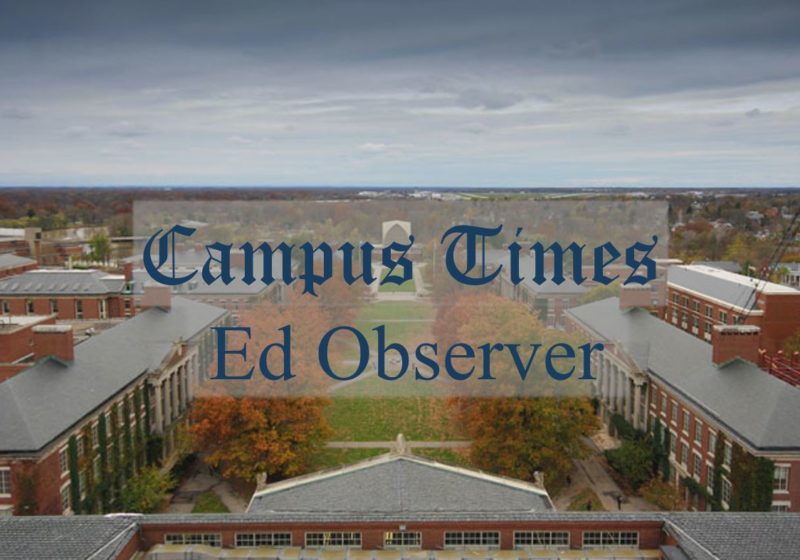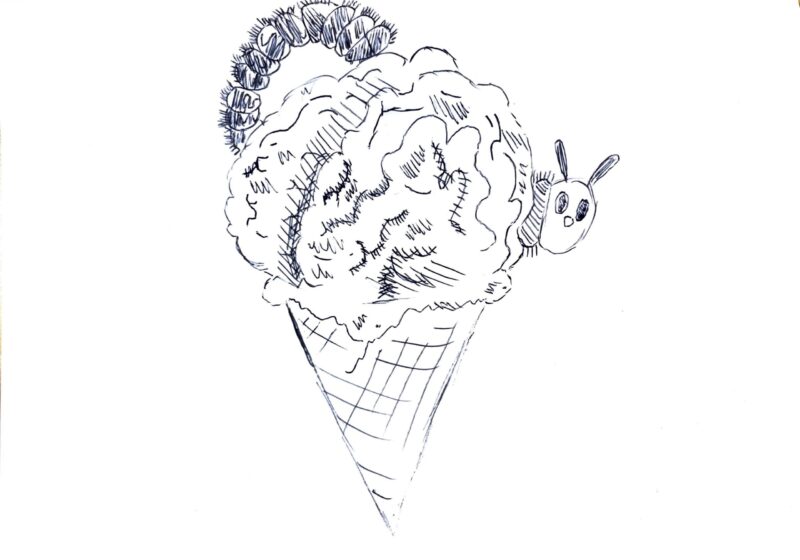Barely a day goes by where I do not hear some disparaging remarks about the humanities, or the people who study them.
“Humanities majors barely do any work.”
“Philosophy is pointless and self-indulgent.”
“How are you going to get a job with that degree?”
I could go on.
As a STEM major, I sometimes catch myself thinking “man, it would be nice if I didn’t have three-hour chem labs twice a week.” But as a humanities minor, nothing makes me more pissed than when someone (usually a STEM major) dismisses the humanities as mere frivolity.
Sometimes I feel as though UR students have a masochistic obsession with taking the classes and majoring in the fields that will induce the most all-nighters and panic attacks. I’m sorry, but I didn’t realize that the yardstick by which we measure the worth of any endeavor was suffering.
Another argument often used against the humanities is that, compared to the sciences, its impact on humanity is minimal. Yes, a book did not put an end to World War II in the Pacific theater, the atom bomb did (controversially), but to look for the dramatic effects of the humanities is to miss the whole point.
Much of the work of the humanities occurs more subtly than the radioactive devastation of towns. The humanities don’t look to change our external environment. Their sphere of influence lies in humans themselves — our mindsets, our perceptions, our connections to the world and ourselves. To say that the humanities have not had an enormous impact on humanity is to blatantly ignore half of all human modes of change and experience.
Like Rachel Carson’s “Silent Spring,” which spurred on the environmental movement, leading to the creation of the Environmental Protection Agency.
Or Harriet Beecher Stowe’s “Uncle Tom’s Cabin,” which profoundly affected attitudes on slavery.
The undeniable impact of Marxism on the global state of affairs.
The freedom songs of the Civil Rights Era, adapted from slave songs, that served as “the soul of the movement,” according to Martin Luther King Jr.
The languages that serve as cultural identity as well as practical communication.
This is but a cursory list of the contributions of the humanities to human life, but if you aren’t convinced by now, another hundred entries won’t do it.
Humanities are important because they are vessels for human connection. In terms that wax poetic less, the humanities allow us to communicate with each other.
When I was five, my family moved from Vietnam to the United States. I started Kindergarten soon after, but I didn’t know a word of English. My mom would come to class with me to translate everything my teachers and classmates would say. Even after my mom was relieved of her translator duties, my English was only rudimentary at best. So my primary means of improvement became books.
Literature was a conduit to learning to understand my classmates. Later on, it became the conduit to understanding humans and their experiences. I’d spend the majority of my time poring through one book or another, living lives that were not mine.
Call it escapism if you will, but quality literature, be it nonfiction or fiction, is meant to reveal truths that cannot be conveyed through other means. This is what Tim O’Brien meant when he spoke of the “story truth.”
With the exception of the extremely empathetic among us, most do not cry when they read grim statistics of human suffering in the news. But we do when we watch Oskar Schindler break down at the end of “Schindler’s List.” We do feel when we read about Fantine selling her body to save her child in “Les Misérables.”
This ability to translate one person’s existence — their experiences, their emotions, their perceptions of the world — to another is why the dismissal of the humanities makes no sense to me.
What use is all the knowledge in the world, scientific or otherwise, if we can’t convey it to anyone else, if we can’t appreciate its implications on ourselves? Aren’t we all striving for the same thing here — a way to understand our world?
I’m not saying everyone has to love the humanities, but we’re all college students trying to figure out how to spend the rest of our lives. Why don’t we let go of our faux-intellectual superiority for a second and show some common decency to those of us who find the humanities a worthwhile pursuit?





